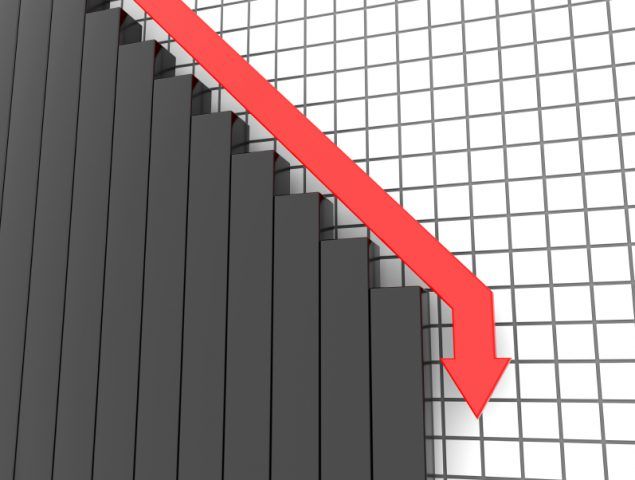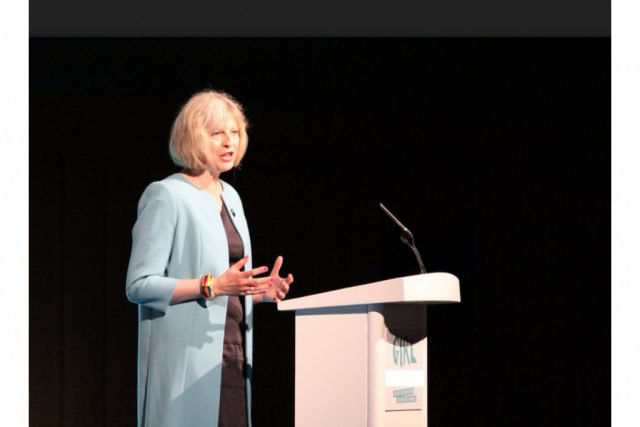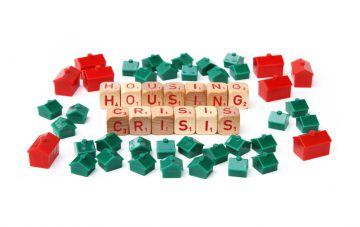Housing market beginning to settle after Brexit vote
The UK housing market has begun to level out, following the surprise of the Brexit vote, according to a new survey.
Surveyors are now expecting sales and prices to rise in the upcoming months, data from the Royal Institution of Chartered Surveyors (RICS) suggests.
Stable
Sales of property in the follow-up to the decision to the leave the EU fell sharply but has stabilised. RICS’s members predict that house prices in the UK will rise by an average of 3.3% over the next five years.
RICS thinks that a shortage of homes on the market was holding up property prices. Simon Rubinsohn, chief economist at RICS, believes, ‘there are clear signs that the housing market is settling down after the initial surprise of the outcome to the EU referendum.’[1]
‘Buyer enquiries did dip again in August but only modestly and more significantly, sales expectations are beginning to edge upwards once again. It is likely the swift response from the Bank of England has played a role in helping to support confidence,’ he continued.[1]

Housing market beginning to settle after Brexit vote
Rise and falls
Data from the report reveals that sales stabilised in August, but fell in some parts of the country, most prominently in London and the West Midlands.
The report from RICS measures housing sentiment and is one of the few that estimates future movements in the market. Results reveal that a higher proportion of surveyors expect sales to increase during the next three months. More believe sales will increase than those who expect them to fall.
An estimated rise of 3.3% annually is different from RICS’ prediction at the start of the year, when the firm estimated prices would rise by an average of 4% per year for the next five years.
Brian Murphy of the Mortgage Advice Bureau noted, ‘whilst the survey is based on sentiment rather than hard data, this provides us with a good temperature check in terms of what surveyors up and down the country are observing.’[1]
‘This is in line with other data released from lenders such as the Halifax which supports the same point of view that after a deep intake of breath in June and allowing for the traditionally quieter summer hiatus, the overall market picture for most of the UK is stable, with the continued lack of supply being the underlying factor which is likely to underpin the market in the months to come,’ he concluded.[1]
[1] http://www.bbc.co.uk/news/business-37297910






